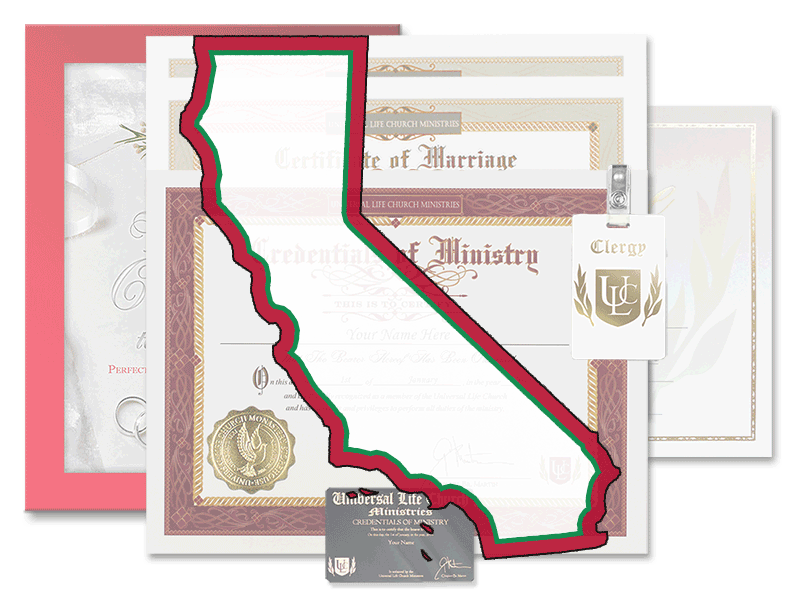
These include stating that there are no limitations on choosing to scatter on your own private property, as you are the property owner and therefore consent to the act. Check with your local religious leader to clarify if any regulations are required based on faith.Īs stated above, Indiana law offers standard guidance on how and where land-based scattering can take place. Furthermore, some religious faiths have specific rules regarding cremation, such as how the Catholic faith prefers cremated remains be interred within a casket in a burial plot. There are, however, several federal laws, which we will get into next. Any uninhabited public land or waterway is also permissible, though you do need to file a form with your county recorder in order to document the final disposition of the deceased.īesides these clear and permissive rules, there are no state laws regulating what you can do with cremated remains. Remains can also be scattered on someone else's private property, as long as the owner consents. There are also no Indiana cremation laws prohibiting residents from scattering cremated remains on their own private property. This is an increasingly popular choice, as the typical serene scenery of a cemetery scattering gardens makes for a peaceful place for reflection. The one slight exception to that is if you wish to scatter ashes in an Indiana cemetery, it must be within a designated space for such an action, such as a scattering garden. There are no legal restrictions when it comes to memorializing them within the many options of an Indiana cemetery, such as a cremation niche, crypt, or burial plot. To start, the law says that cremated remains can be kept by anyone who is legally entitled to own them, such as the next of kin.
#Indiana ordination laws code#

Another Year In The Books – OSHA’s Top Ten Safety Violations for Fiscal Year 2022.Police Officer Suspended for Facebook Post Allowed to Sue City.Fair Labor Standards Act (FLSA) Compliance Audit.This rule does not apply to railroad employees. Indiana employers must pay terminated employees their final wages at the time of separation or no later than their next regularly scheduled payday. Indiana courts have generally rejected the idea of a handbook as an enforceable employment contract.Īre there state-specific rules on when final paychecks are due after termination? instances in which the employer made a promise to the employee and the employee relied on the promise to his or her detriment (i.e., promissory estoppel).a public policy exception where a clear statutory expression of a right or duty is contravened (to date, Indiana courts have recognized this exception in only a few circumstances)-employers cannot terminate employees for exercising rights under the worker’s compensation statute (known as a “Frampton” claim), for serving on a jury or for refusing to commit an illegal act and.


In addition, Indiana courts have declined to recognize an implied covenant of good faith and fair dealing in the at-will employment context. For instance, general expressions of public policy in statutes do not support new exceptions to the employment-at-will doctrine.

If a contract for employment contains no definite or ascertainable term of employment, then the employment is at-will, and is presumptively terminable at any time, with or without cause, by either party, or by mutual agreement.Įmployment is strongly presumed to be at-will, and Indiana courts have not been inclined to adopt exceptions to the employment-at-will doctrine. Here is an earlier post that should answer those questions………….Īre there state-specific laws on the procedures employers must follow with regard to discipline and grievance procedures? Every now and again, we’re asked questions regarding Indiana laws regarding employee terminations.


 0 kommentar(er)
0 kommentar(er)
